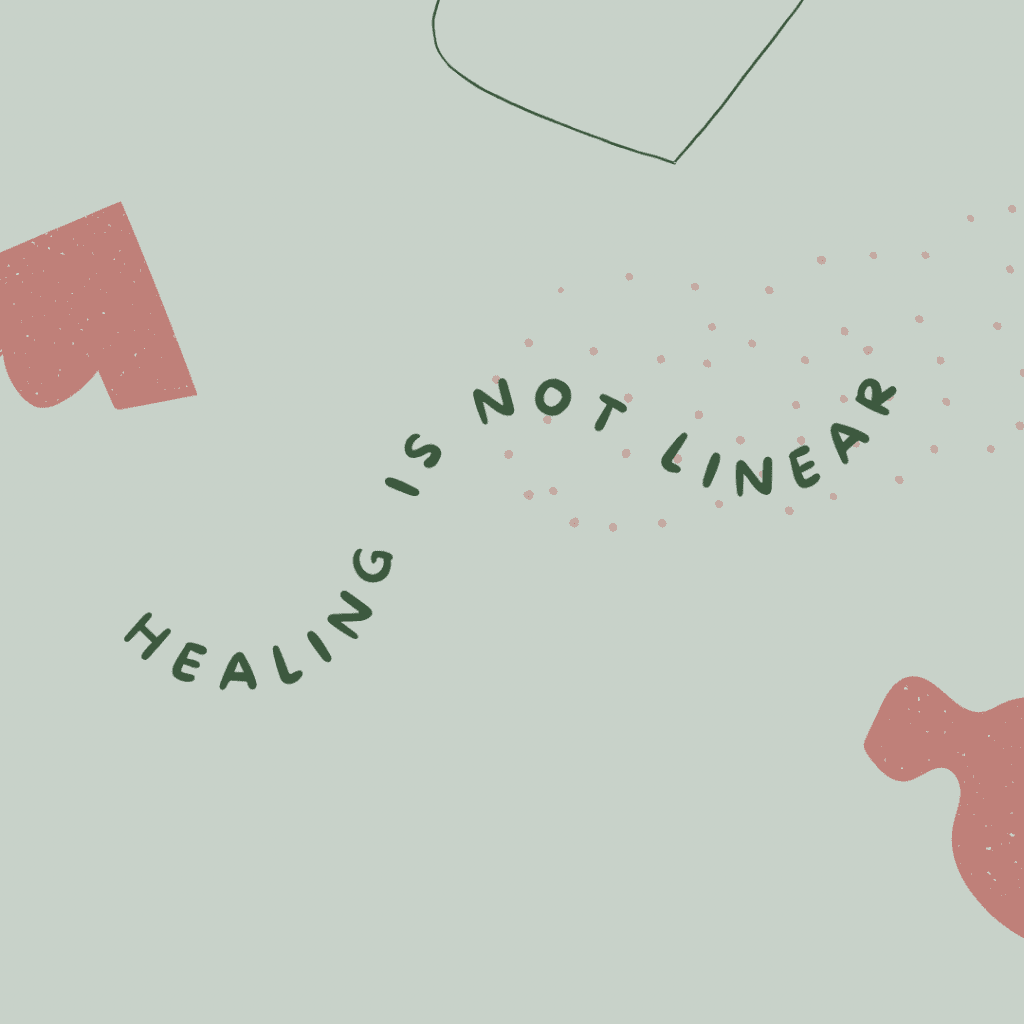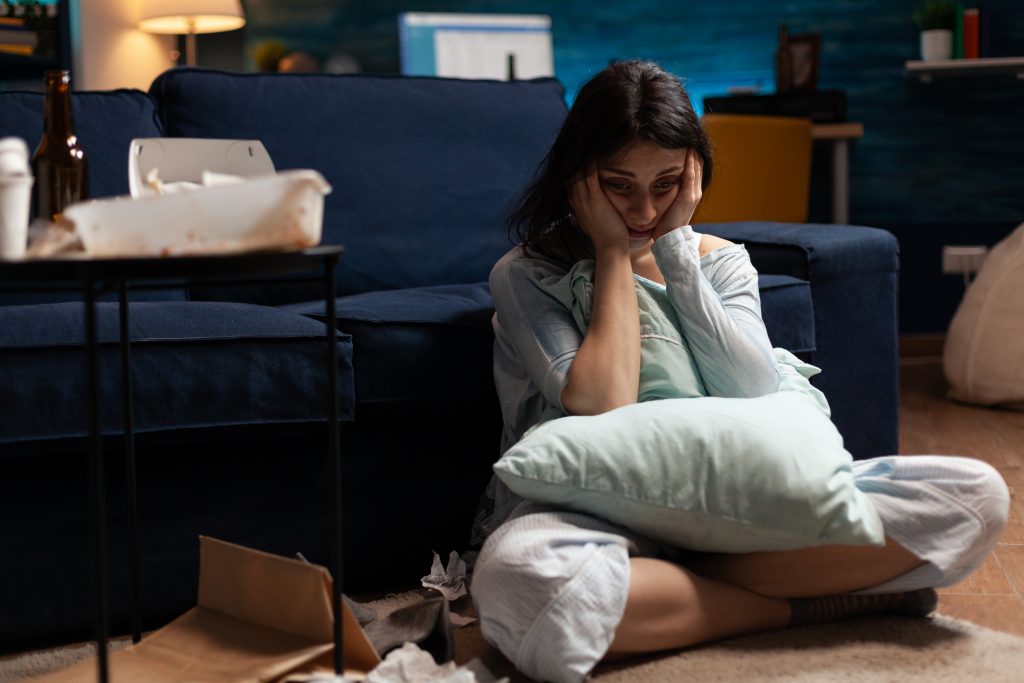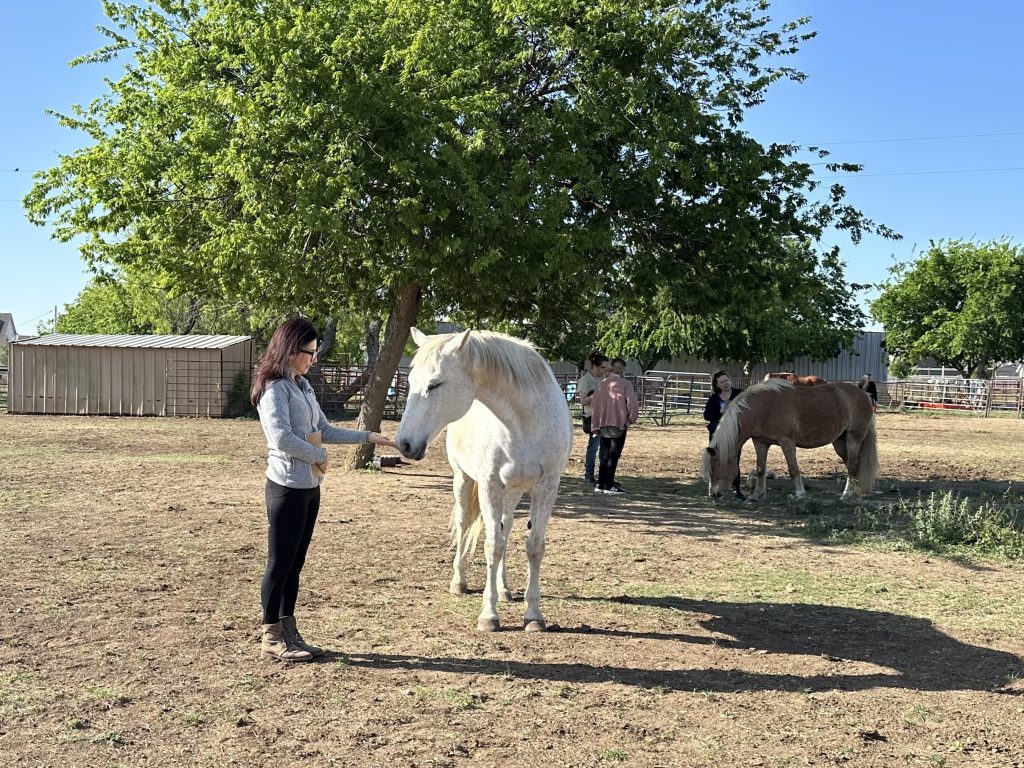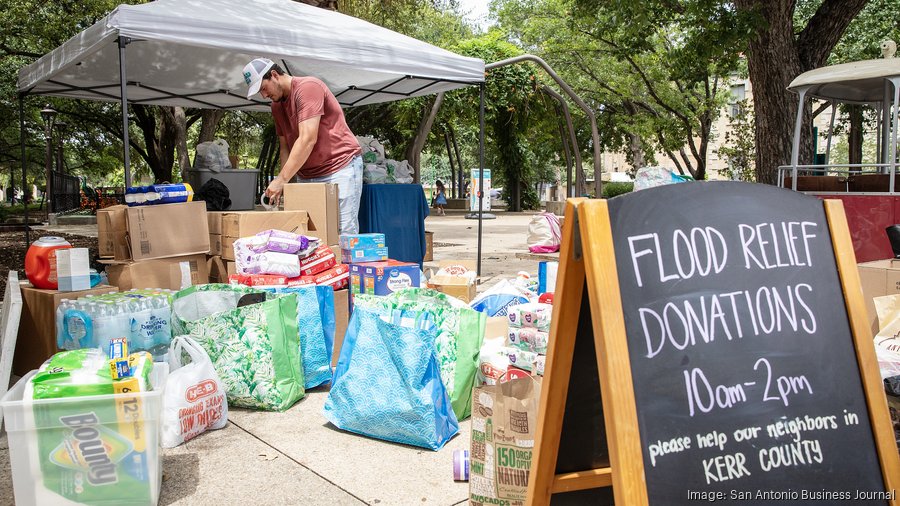After the Storm: Healing Together from Natural Disaster
In the aftermath of the devastating floods that recently swept through Central Texas, many individuals are left picking up the pieces…physically, emotionally, and mentally. Whether you were directly impacted, served as a first responder, or volunteered your time and energy to help others, the effects of experiencing a natural disaster are real and far-reaching.
As a psychologist, neighbor, and fellow human navigating these storms with you, I want to take a moment to hold space for the very real emotional impact that natural disasters have on all of us.
The Emotional Toll of Natural Disasters
Natural disasters are sudden, overwhelming, and often traumatic. They can uproot our sense of safety and disrupt every part of our lives. When disaster strikes, survival instincts take over, and those instincts don’t always turn off just because the rain has stopped or the roads have cleared.
For many, the mental and emotional impact of a disaster lingers long after the visible damage is addressed. And yet, this impact is often invisible to others. It can be hard to name, and even harder to ask for help with. You might think, “Others had it worse,” or “I should be fine by now.”
But trauma doesn't work that way.


If you were directly affected, you may be experiencing:
- Shock or numbness that hasn’t gone away
- Difficulty sleeping or frequent nightmares
- Heightened anxiety, panic, or hypervigilance
- Emotional swings or feeling "on edge"
- Survivor’s guilt or shame for needing help
- Feeling stuck, frozen, or unable to move forward
These are completely normal responses to an abnormal event. Whether you lost your home, saw destruction around you, or feared for your life or loved ones, your nervous system went into survival mode. It’s okay if you’re still there.
If you were a first responder or community volunteer, you may be experiencing:
- Emotional exhaustion, compassion fatigue, or burnout
- Vicarious trauma from witnessing others' pain
- A sense of helplessness or guilt for not being able to "fix" everything
- Trouble transitioning back to routine or rest
- A delayed emotional reaction now that the urgency has passed
Even if you weren’t personally in danger, supporting others through trauma is trauma exposure. Your nervous system needs care and recovery too.
The unifying experience across these groups is trauma, and with that trauma comes a biological shift in how your brain and body process the world.
How Trauma Manifests in the Body and Mind
Trauma responses are the brain’s way of trying to keep us safe. But over time, these patterns can become overwhelming.
You might notice:
- Feeling jumpy, easily startled, or constantly "on alert"
- Difficulty concentrating or making decisions
- Emotional numbness or disconnection from loved ones
- Fatigue, headaches, digestive issues, or body pain
- Avoidance of anything that reminds you of the flood or crisis
You are not being dramatic. You are not weak. These are signs that your body remembers what it went through, even if your mind is trying to move on.


Important Things to Remember
- Trauma Isn’t Just About What Happened, It’s About How It Felt
Two people can experience the same event and respond very differently. Your reaction is valid, even if someone else “had it worse.” Trauma is about what overwhelmed your ability to cope. You are allowed to hurt. - You’re Not Weak If You’re Struggling
Our culture celebrates grit, especially in emergencies. But emotional suppression isn’t strength, it’s survival. You don’t have to carry this alone or keep pretending you’re fine. - Recovery Is More Than Rebuilding Homes
Recovery also means tending to hearts, minds, and nervous systems. It means reconnecting with safety, community, and self. It means grieving what was lost, and finding hope again.
A Free Community Event for Flood Survivors, First Responders, and Volunteers
Date: August 24, 2025
Time: 8:00 AM to 12:00 PM
Location: Open My World Therapeutic Riding Center, Leander, TX
This morning of rest and renewal is for anyone impacted by the floods.
There will be no speeches. No expectations. Just a quiet, gentle space to exhale.


What to Expect
Quiet Time in the Pasture
Spend unstructured time in a peaceful setting with the horses. You can sit, journal, walk quietly, or simply breathe. Horses are intuitive animals that mirror emotional states and offer nonjudgmental presence.
Trauma-Informed Equine Activities
Engage in grounding, gentle interactions with horses—including grooming, leading, or simply being near them. All activities are optional and facilitated by trained volunteers.
Mindfulness & Gentle Movement
Choose from calming activities like gentle movement, guided meditation, or quiet reflection offered at your own pace and comfort level.
Kid’s Corral: A Safe Space for Children
We’ve created a fully supervised and contained kid’s corral, so children can enjoy age-appropriate activities, sensory games, and horse-themed fun while their caregivers take time for themselves.
Gentle Community Connection
Share space with others who understand without pressure or expectations. Sometimes just knowing you’re not alone is the first step toward healing.
On-Site Psychologist Available for Support
The Traveling Psychologist will be present throughout the event to provide emotional support, offer grounding strategies, and hold space for anyone who needs to talk or process their experience in a safe, confidential setting.


How You Can Help
You don’t have to be on the front lines to support healing. Here are some ways you can be part of this effort:
Spread the Word
Let others know about this free event. Share it with:
Families who were affected
First responders, teachers, church groups, and local organizations
Friends who might not know how much they’re still holding
Donate or Volunteer
If you’re trained in trauma-informed care, horsemanship, mental health, or simply want to help with set-up, clean-up, or childcare, we welcome your support.
Check on the Helpers
Often, those who seemed the strongest are now the most exhausted. They may not know how to ask for help. Reach out with care. Invite them to this event. Remind them that they are worthy of support too.
Support Kerr County & Sandy Creek Directly
Beyond this event, the needs in Kerr County and Sandy Creek are ongoing. Here’s how you can help:
Contribute to local flood relief funds coordinated by churches, mutual aid groups, and local nonprofits.
Offer temporary housing or transportation assistance for displaced families.
Volunteer for cleanup efforts, especially in underserved areas.
Help restock community pantries and supply drives.
Check in on neighbors, especially those without support systems or with limited mobility.
Share emotional support resources like crisis lines, therapy options, and group support spaces.


When the news crews move on, these communities will still be rebuilding
Community Healing is Collective Healing
In times of crisis, we often rally together. We check on neighbors, pass out meals, rescue animals, and clear debris. But just as we showed up for each other during the emergency, we must continue to show up for one another after the emergency.
Healing isn’t something we do alone. It’s something we do in relationship. With others. In safe spaces. With gentleness and care.
That’s what we hope to offer through this special event.
Interested in volunteering, donating, or collaborating? Email drfreda@thetravelingpsychologist.com
A Compassionate Closing
If you take one thing from this, let it be this:
It is okay not to be okay.
You do not need to explain your pain or prove that it’s valid. You are allowed to need rest. You are allowed to need community. You are allowed to take time to heal.
You have survived something hard. Now let us hold space for your healing.





